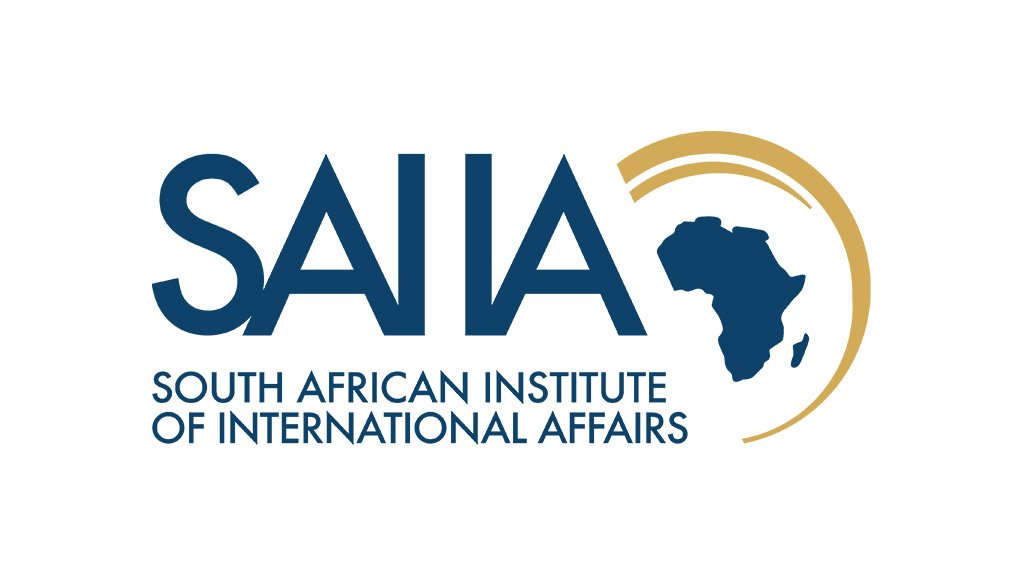Africa and its diaspora community are wrapping up the commemoration Africa Month – marking the anniversary of the creation of the Organisation of African Unity (OAU) on 25 May 1963, relaunched in 2002 as the African Union (AU). This should be a time of deep reflection on Africa’s developmental needs, going beyond wearing African regalia and celebratory events.
Renowned African composer and pianist Nduduzo Makhathini echoes this sentiment: “Unless we become clear on how African people are benefiting from such moments or events, for me it will remain a very abstract kind of concept.” With this in mind, it is worth reflecting on the relevance and effectiveness of the annual AU themes and how continental institutions, such as the African Peer Review Mechanism (APRM), can help assess these themes to help the drive the AU developmental aspirations.
Each year, the AU sets a particular theme which is instrumental highlighting important issues and creating interest around a developmental issue. According to Dr McBride Nkhalamba, Head of Research at the APRM Continental Secretariat, “Themes allow for attention or focus to a particular issue deemed important or a priority.”
Currently, there are no formal processes within the AU on how the annual themes are chosen. “There are no visible criteria for AU themes. Groups such civil society organisations have to provide a strong justification for why they are proposing a theme and this goes through the Executive Council of the AU,” says Jeggan Grey-Johnson, Advocacy and Communications Officer at the Open Society Foundation’s Africa Regional Office. Grey-Johnson was involved in the development of the 2018 AU theme, which focused on anti-corruption.
Themes are usually announced six months ahead of the January/February AU Summit, where they are officially launched. In recent years, there has been a confluence between AU annual themes and pertinent governance issues in Africa. For example, 2017 was the year of youth and 2019 is the year of refugees, returnees and internally displaced persons. These are central in promoting AU charters, standards and codes such as the African Youth Charter, AU Convention on Preventing and Combating Corruption and the Convention for the Protection and Assistance of Internally Displaced Persons.
“AU themes are significant but what is more important is the follow up and implementation,” adds Grey-Johnson. While dedicating a calendar year to a specific topic is evidently imperative, it is essential to document the impact of such an exercise.
Why should the APRM monitor the AU themes?
The APRM is a voluntary self-assessment tool launched in 2003 and currently has 38 member countries, with Zimbabwe being the latest country set to accede. This mechanism seeks to foster good governance in Africa through a rigorous review process.
The 2017 AU Reforms Panel led by President Paul Kagame of Rwanda made a series of recommendations aimed at curtailing inefficiency within the AU that impeded Africa’s development. It recommended that “The APRM could be strengthened to track implementation and oversee monitoring and evaluation in key areas of governance on the continent.”
This ‘expanded mandate’ of the APRM now includes heading up the African Governance Architecture (AGA) and the African Peace and Security Architecture (APSA) of the AU. Furthermore, the APRM seeks to track implementation and the monitoring and evaluation of governance-related sections of the AU Agenda 2063 (aspiration 1 and 2) and UN Sustainable Development Goal (SDG) 16. This expanded mandate strives for the harmonisation of AU institutions to eliminate the duplication of functions such as conflict early warning systems and tracking of governance issues.
Therefore, the APRM is naturally positioned to monitor AU themes and should rise to the occasion. If monitoring and evaluation is executed adequately and consistently, it will encourage Africa to cultivate a culture of implementation and documenting of best practices.
Although the APRM has over the years experienced a series of challenges (lack of frequent reviews, financial mismanagement and no permanent CEO until recently), it remains a relevant Africa-owned self-reflecting and peer learning instrument. Through its rigorous review process, it has previously served as an early warning tool to its member states. For example, the 2010 Mozambique report warned against rising political instability: “There is a great feeling among many Mozambicans that the ruling party FRELIMO has been pursuing a more aggressive, self-assertive policy. These fears should not be taken lightly.” Making such important determinations and forewarnings results in a strong belief that there should equally be appropriate channels within the APRM to follow up on implementation (or lack thereof) and document positive changes.
The APRM has also undertaken targeted reviews in countries such as Djibouti that zoom in on particular issues at the discretion of the member state, to produce a shorter report at a faster rate. This methodology could be applied at the AU level on an annual basis to provide a study of the themes.
Furthermore, in March 2019 the APRM launched its first Africa Governance Report (AGR) in Pretoria, South Africa. This report assesses the implementation of the AU shared values by member states in areas of governance, transformational leadership, constitutionalism and the rule of law, interrelationships of peace, security and governance, the nexus of development governance and the role of Regional Economic Communities in African Governance.
This leads to the firm belief that the APRM as Africa’s governance tool with a monitoring and evaluation function, could review AU themes and assess key outcomes, achievements and challenges.
While Africa month celebrations come to an end, Africa and African institutions (AU and APRM) should remain committed to better harmonising their efforts, monitoring implementation and documenting what is working and what isn’t in order to realise the “Africa we want”. These are the small wins that will give Africans substantial reasons to celebrate the month of May.
Research by, Luanda Mpungose, SAIIA
EMAIL THIS ARTICLE SAVE THIS ARTICLE ARTICLE ENQUIRY
To subscribe email subscriptions@creamermedia.co.za or click here
To advertise email advertising@creamermedia.co.za or click here











